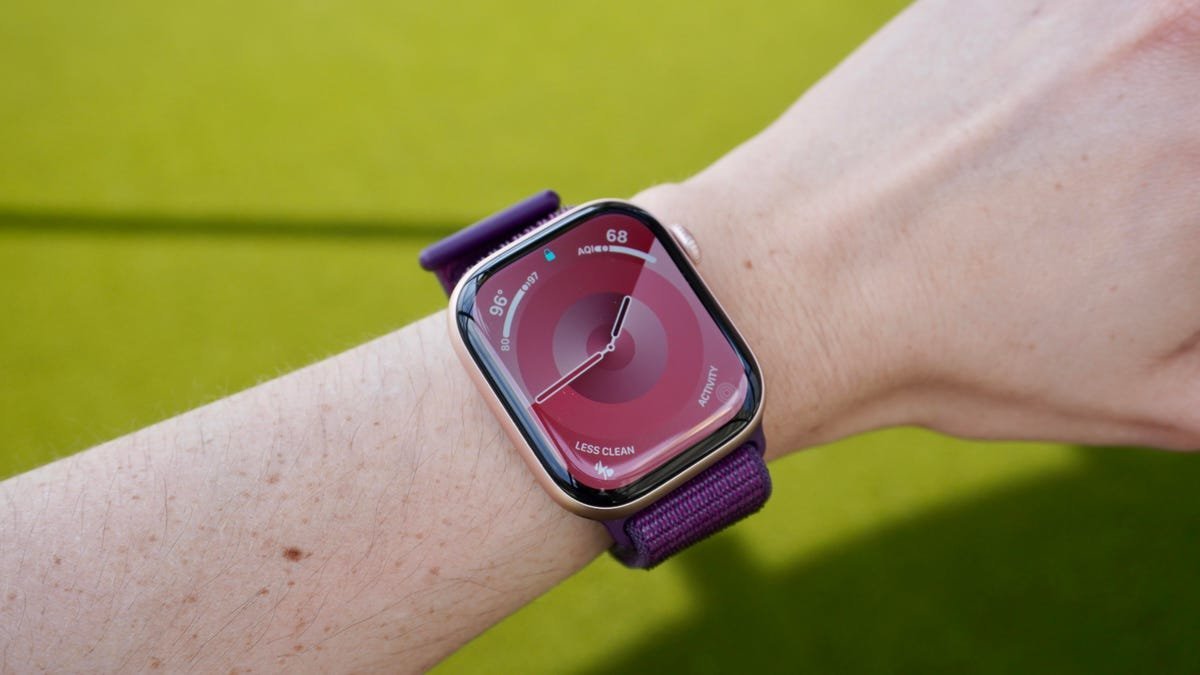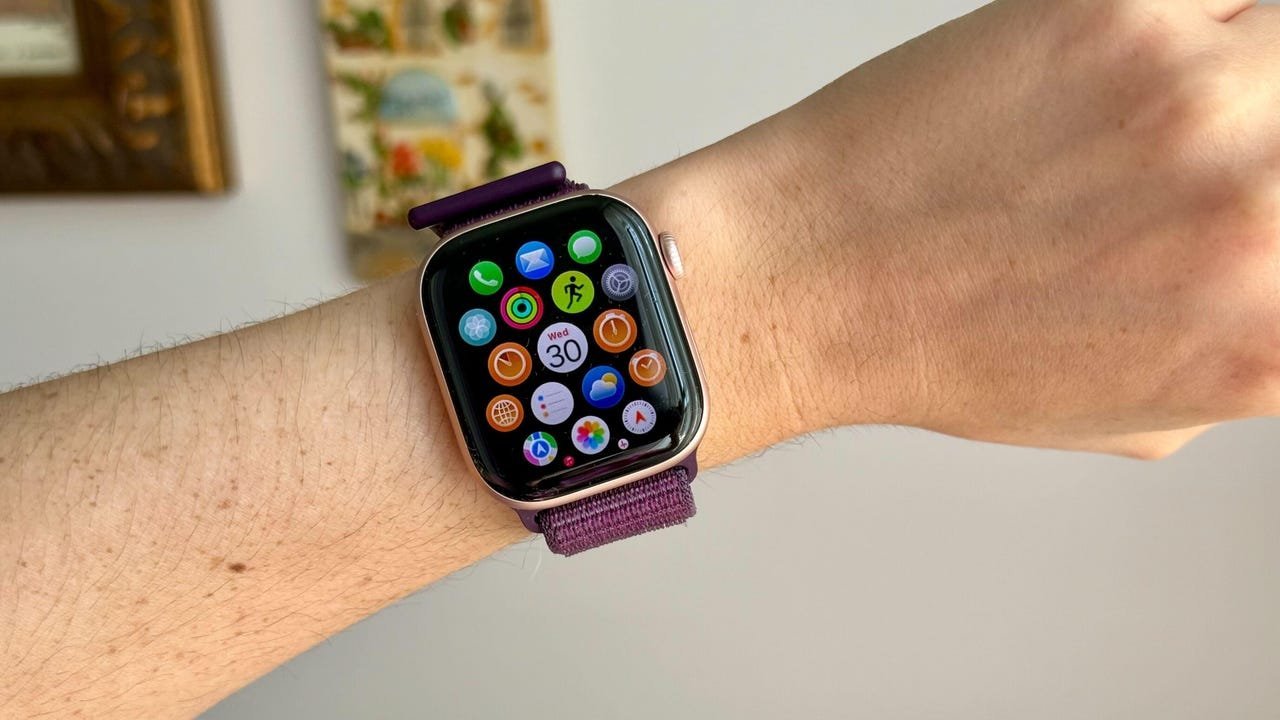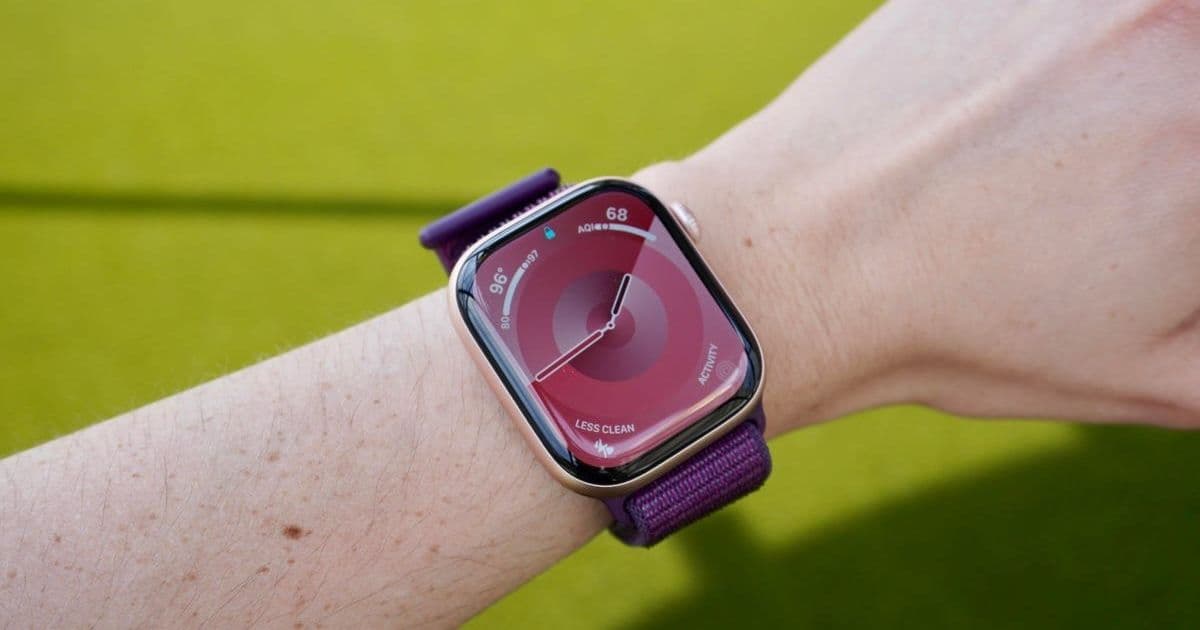As Apple's 'Awe-dropping' event nears, a wearables expert outlines six critical enhancements for the Apple Watch Series 11, from extended battery life to advanced health monitoring. These features could redefine user experience and set new benchmarks in the competitive smartwatch landscape.
The tech world is abuzz with anticipation as Apple's annual September event looms, promising revelations from thinner iPhones to next-gen wearables. For health and tech enthusiasts, the spotlight is firmly on the rumored Apple Watch Series 11—a device that could push the boundaries of personal wellness tracking. As someone who has rigorously tested every major smartwatch release this year, I see this as a pivotal moment for Apple to address long-standing user desires and cement its leadership in medical-grade wearables.

1. Longer Battery Life: The Foundation of Continuous Health Monitoring
Apple has made strides with fast charging—like the Series 10's 0-85% in 30 minutes—but users still crave multi-day endurance. Competitors like Garmin offer weeks of battery life, while Apple Watches often require daily top-ups. Why does this matter? Extended battery isn't just convenience; it's essential for uninterrupted sleep tracking, emergency connectivity, and chronic condition management. If Apple can achieve 2-3 days without battery-saving modes, it would eliminate a major barrier to 24/7 health data collection, empowering users to stay proactive about their well-being.
2. Brighter Displays: Visibility as a Safety Feature
With rivals like Samsung and Google hitting 3,000 nits brightness, Apple's current peak of 2,000 nits (outside the Ultra 2) feels outdated. A brighter screen isn't merely about aesthetics—it's critical for readability in sunlight during outdoor workouts or in emergencies. For health applications, clear visibility ensures users can quickly check vital metrics like heart rate during high-stress moments. Upgrading this would signal Apple's commitment to usability in all environments, making the watch a more reliable health companion.
3. Slimmer Profiles: Comfort Meets Discretion
Last year's Series 10 set a precedent as Apple's thinnest watch, enhancing comfort for sleep and daily wear. Continuing this trend isn't just about aesthetics; it's about reducing 'device fatigue' to encourage consistent use. A sleeker design could make the watch less obtrusive during activities like yoga or sleep, where bulkier models can disrupt natural movement. As wearables evolve into health guardians, minimizing physical presence while maximizing functionality should be a priority.
4. Expanded FDA-Cleared Health Features: Elevating Medical Credibility
Apple's methodical, research-backed approach—seen in FDA-cleared features like sleep apnea detection—sets it apart from competitors. Rumors suggest hypertension monitoring could debut in the Series 11, but I hope for more. Imagine glucose tracking or advanced arrhythmia analysis. Such innovations could transform the watch from a fitness tool into a lifesaving medical device, reducing reliance on clinic visits. As Nina Raemont notes: 'Apple doesn't just pull a health-tracking feature out of thin air.' This rigor is why each new clearance could democratize access to preventive care.

5. Sleep Scores: Bridging Data and Actionable Insights
While Apple excels at raw sleep data (like stages and duration), it lags in providing synthesized 'scores' that rivals like Fitbit offer. The Vitals app shows baseline metrics, but users need intuitive summaries—e.g., 'Your recovery was poor due to elevated heart rate.' Leaks hint at sleep scoring coming, which would leverage AI to turn complex biometrics into personalized advice. This shift could help users correct habits proactively, turning passive observation into active health management.
6. Contextualized Stress Tracking: From Numbers to Narratives
Heart rate monitoring is useful, but Apple's current implementation lacks interactivity. Unlike devices such as the Oura Ring, which offers minute-by-minute stress insights, Apple Watch users can't pinpoint when spikes occurred or correlate them to daily events. Enhancing this with timeline zoom and contextual triggers (e.g., 'Stress peak detected during your 10 AM meeting') would unlock deeper understanding of physiological responses. For developers, this could inspire apps that integrate with calendars or mindfulness tools, creating a holistic stress-reduction ecosystem.
With tomorrow's event poised to unveil Apple's vision, these upgrades represent more than incremental tweaks—they're about harnessing wearable tech to foster a seamless, health-first lifestyle. If even half of these wishes materialize, the Series 11 could catalyze a new era where smartwatches aren't just accessories but essential partners in long-term wellness, blurring the lines between consumer tech and clinical care.
Source: Original insights and analysis based on reporting by Nina Raemont for ZDNET.

Comments
Please log in or register to join the discussion